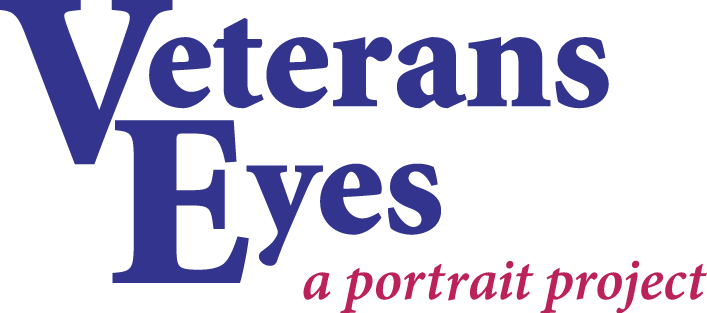When it comes to preparing rosters for industrial workplaces, industrial agreements play a crucial role. These agreements are legal documents that outline the terms and conditions of employment for workers within a particular industry. They cover a range of topics, from wages and benefits to work hours and safety protocols.
Here are five ways industrial agreements can affect the preparation of rosters:
1. Work hours and overtime
Most industrial agreements specify the maximum number of hours a worker can work in a day, week, or month. They also outline the conditions under which overtime can be worked and the rate of pay for such work. When preparing rosters, managers need to be aware of these provisions to ensure that they don`t assign workers to shifts that exceed the agreed-upon limits.
2. Rest breaks
Industrial agreements often specify the duration and frequency of rest breaks for workers. Some agreements require that workers be given a certain amount of rest time between shifts, while others may specify the number of rest breaks per shift. Managers need to take these provisions into account when creating rosters and ensure that workers are given adequate rest breaks to comply with the agreement.
3. Shift patterns
Industrial agreements may also specify the types of shift patterns that are available to workers. For example, some agreements may allow for a rotating roster, while others may require fixed shifts. Managers need to be aware of these provisions when preparing rosters and ensure that they comply with the agreement.
4. Staffing levels
Industrial agreements may also set minimum staffing levels for certain tasks or activities. For example, in a manufacturing facility, the agreement may require a certain number of workers to be present on the production line at all times. Managers need to ensure that they comply with these provisions when creating rosters and that there are enough workers to meet the minimum staffing requirements.
5. Flexible working arrangements
Some industrial agreements allow for flexible working arrangements, such as part-time or casual employment. Managers need to ensure that they comply with these provisions when creating rosters and that they assign workers to shifts that are appropriate for their employment status.
In conclusion, industrial agreements play a critical role in the preparation of rosters for industrial workplaces. Managers need to be well-versed in these agreements to ensure that they comply with their provisions and that they create rosters that are fair and equitable for all workers. By doing so, they can help create a safe and productive workplace for everyone involved.
